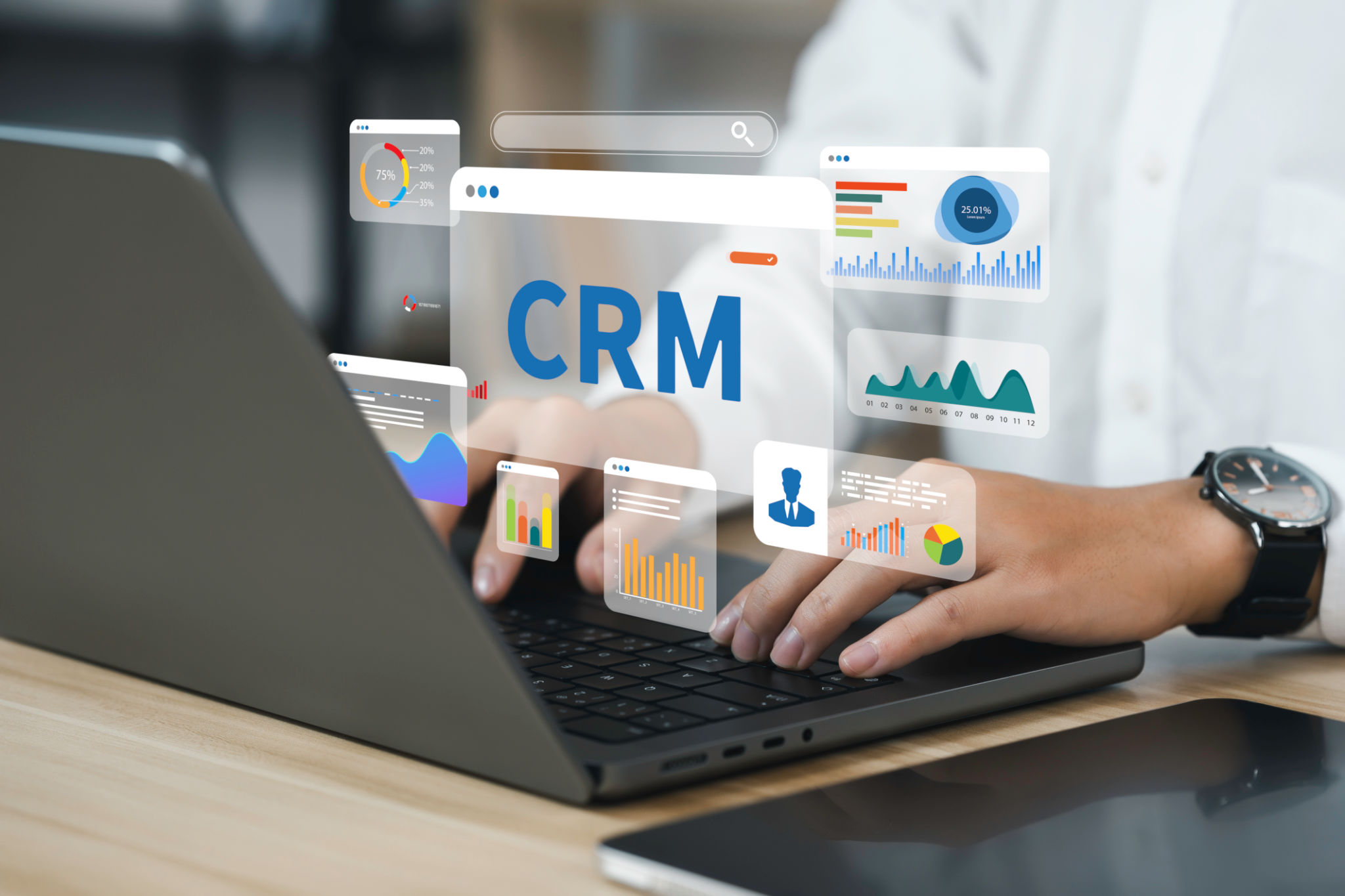Case Study: Reducing Marketing Process Costs with AI Automation
Introduction to AI Automation in Marketing
The marketing landscape is constantly evolving, and businesses are always on the lookout for ways to enhance efficiency and reduce costs. One of the most promising advancements in recent years is the integration of AI automation into marketing processes. By leveraging artificial intelligence, companies can streamline their operations, reduce manual workload, and ultimately save money.
In this blog post, we'll explore a case study where a medium-sized company successfully reduced its marketing process costs by integrating AI automation. This real-world example will highlight the potential benefits and implementation strategies for similar businesses looking to optimize their marketing efforts.

Understanding the Initial Challenges
Before implementing AI automation, the company faced several challenges in its marketing processes. The team was overwhelmed with repetitive tasks such as data entry, customer segmentation, and performance analysis. These tasks not only consumed valuable time but also led to inconsistencies and errors due to human intervention.
Additionally, the marketing budget was strained by the need to hire additional personnel to manage these tasks. The company needed a solution that could reduce operational costs while maintaining or improving the quality of its marketing campaigns.
Identifying Key Areas for Automation
The first step in the company's journey was identifying key areas within the marketing process that could benefit from automation. After thorough analysis, the following areas were selected:
- Data Analysis and Reporting
- Customer Relationship Management (CRM)
- Email Marketing Campaigns
- Social Media Management

Implementing AI Solutions
With these areas identified, the company partnered with an AI solutions provider to develop customized tools that could automate these processes. For data analysis and reporting, AI algorithms were used to collect and interpret data from various sources, providing insights into campaign performance and customer behavior.
In CRM, AI helped automate customer segmentation and personalized communication. This not only improved customer engagement but also reduced the time spent on manual segmentation tasks. Email marketing campaigns were enhanced through AI-driven content optimization, ensuring messages were tailored to individual preferences.
Results and Cost Savings
The implementation of AI automation led to significant improvements across all targeted areas. The company reported a 30% reduction in time spent on repetitive tasks, allowing its marketing team to focus on more strategic activities. Furthermore, the accuracy of data analysis and reporting increased, resulting in more informed decision-making.
Cost savings were substantial. By reducing the need for manual labor and improving efficiency, the company realized a 20% decrease in overall marketing expenses. This allowed them to reallocate resources to other growth initiatives without compromising on quality.

Conclusion: Embracing AI for Future Success
This case study illustrates the transformative power of AI automation in reducing marketing process costs. By strategically identifying areas for improvement and implementing tailored AI solutions, businesses can achieve greater efficiency and effectiveness in their marketing efforts.
As technology continues to advance, companies that embrace AI automation will be better positioned to adapt to changing market demands and stay ahead of the competition. This case study serves as an inspiring example for businesses looking to optimize their operations and drive success through innovation.
